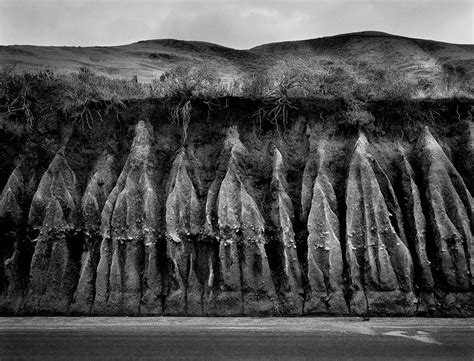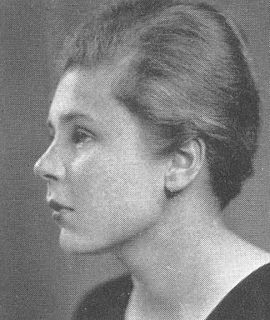A Quote by James Fenton
No poet is required to write in stanzas, or indeed in regular forms at all. Coleridge's 'Dejection: An Ode' has a rhyme scheme and sequence of long and short lines that goes without regular pattern, following the mood and whim of the poet. Such a form is known as an irregular ode.
Related Quotes
In your language you have a form of poetry called the sonnet…There are fourteen lines, I believe, all in iambic pentameter. That’s a very strict rhythm or meter…And each line has to end with a rigid pattern. And if the poet does not do it exactly this way, it is not a sonnet…But within this strict form the poet has complete freedom to say whatever he wants…You’re given the form, but you have to write the sonnet yourself. What you say is completely up to you.
Once a poet always a poet, and even though I haven't written poems for a long time, I can nonetheless say that everything I've ever learned about writing lyrical fiction has been informed by three decades of writing in lines and stanzas. For me the real drama of fiction is almost always the drama of the language.
One of the appeals of William Carlos Williams to me is that he was many different kinds of poet. He tried out many different forms in his own way of, more or less, formlessness. He was also a poet who could be - he was a love poet, he was a poet of the natural order and he was also a political poet.
Happy indeed the poet of whom, like Orpheus, nothing is known but an immortal name! Happy next, perhaps, the poet of whom, like Homer, nothing is known but the immortal works. The more the merely human part of the poet remains a mystery, the more willing is the reverence given to his divine mission.
The poet or the revolutionary is there to articulate the necessity, but until the people themselves apprehend it, nothing can happen ... Perhaps it can't be done without the poet, but it certainly can't be done without the people. The poet and the people get on generally very badly, and yet they need each other. The poet knows it sooner than the people do. The people usually know it after the poet is dead; but that's all right. The point is to get your work done, and your work is to change the world.
My best songs were written very quickly. Just about as much time as it takes to write it down is about as long as it takes to write it...In writing songs I've learned as much from Cezanne as I have from Woody Guthrie...It's not me, it's the songs. I'm just the postman, I deliver the songs...I consider myself a poet first and a musician second. I live like a poet and I'll die like a poet.
The modern poet has no essential alliance with regular schemes of any sorts.He reserves the right to adapt his rhythm to his mood, to modulate his metre as he progresses. Far from seeking freedom and irresponsibility (implied by the unfortunate term free verse) he seeks a stricter discipline of exact concord of thought and feeling.







































